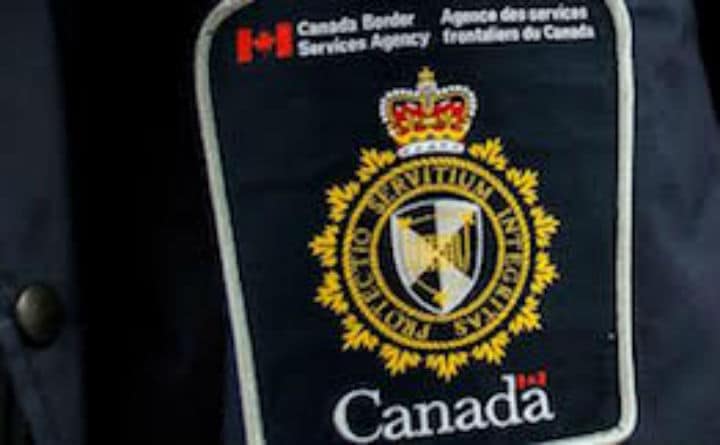
Photo Credit: http://www.cbc.ca/news/politics/deportations-jamaica-honduros-1.3490185
The Canada Border Services Agency (CBSA) and Immigration, Refugees and Citizenship Canada (IRCC) are vested with the authority to issue various Removal Orders. There are three distinct types of Removal Orders which may be issued by the (CBSA) or (IRCC). The relevant Removal Orders include; an Exclusion Order, Departure Order, and Deportation Order. It is important to understand what each order entails, including the associated rights and responsibilities of an individual who is subject to each particular Removal Order.
An Exclusion Order typically stipulates that the relevant individual may not return to Canada for a full year. However, if the Exclusion Order is issued due to misrepresentation, the individual may not return to Canada for a period of five years. In addition, it is the responsibility of the individual who has been issued an Exclusion Order to reimburse the (CBSA) for any costs that are associated with removal from Canada. If an individual wishes to return to Canada within the relevant period of exclusion, that individual must obtain an Authorization to Return to Canada (ARC). For more information on the process of applying for an Authorization for Return to Canada please see this relevant ARC link.
A Departure Order mandates that an individual must leave Canada. A person who is issued a Departure Order has 30 days to leave Canada in order to be eligible to return to Canada at a future date. It is important for an individual who is subject to a Departure Order to confirm their departure from Canada with the Canada Border Services Agency (CBSA) at the relevant port of exit. The failure to confirm the necessary departure with the (CBSA), or the failure to leave Canada within 30 days of a Departure Order taking effect will result in the issuance of a Deportation Order. In addition, an Authorization to Return to Canada (ARC) will also be required in order to return to Canada at a later date.
A Deportation Order permanently prohibits an individual from returning to Canada. An individual who is subject to this order may not return to Canada without obtaining an Authorization for Return to Canada (ARC). An individual who wishes to apply for an (ARC) must also repay the CBSA any costs associated with their removal from Canada.
It is possible to appeal a Removal Order with the Immigration and Refugee Board of Canada (IRB) in certain instances. However, once a Removal Order takes effect, it is important to leave Canada immediately. The failure to leave Canada in these circumstances may result in the issuance of a warrant for arrest by the Canada Border Services Agency (CBSA).
A Refugee Claimant will typically receive a Conditional Removal Order. The Conditional Removal Order will become a valid Removal Order if the Refugee Claim is not accepted.
For more information regarding Removal Orders please visit this link to the Canada Border Services Agency (CBSA) website.
If you have been issued a Removal Order and require legal assistance contact Chaudhary Law Office.
